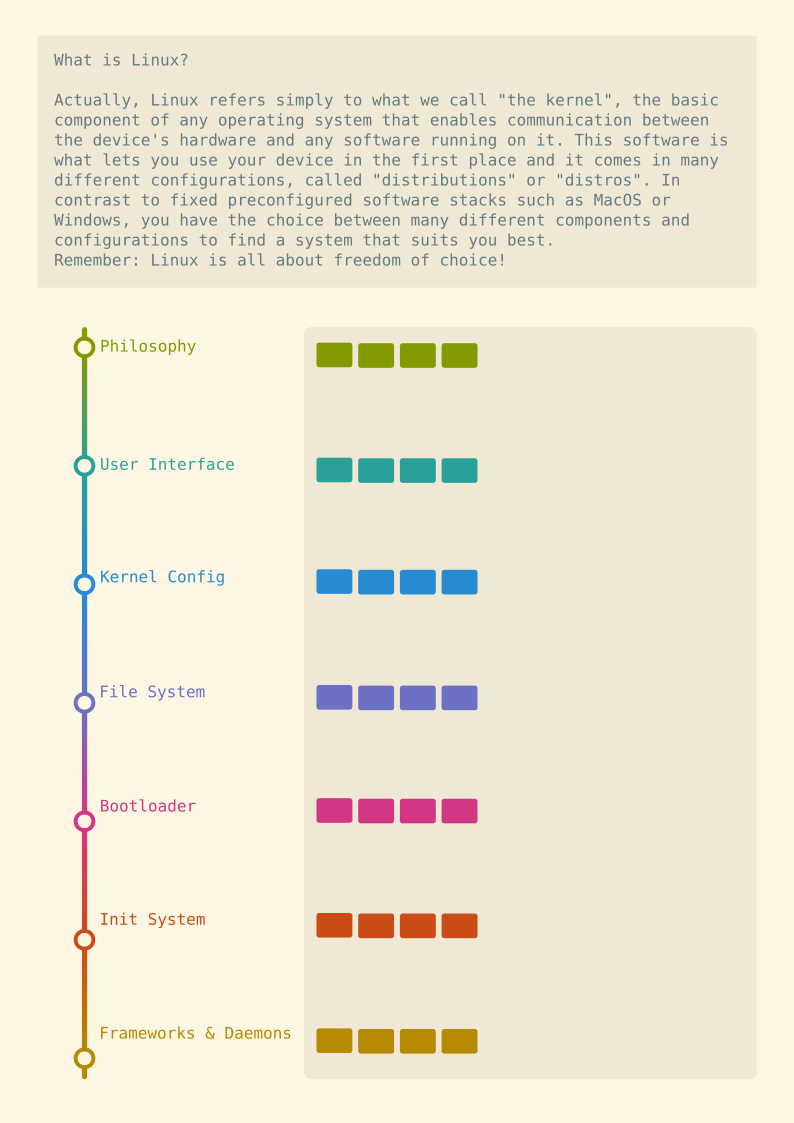Is this something like Omnivore? I'm still searching for a replacement and the fact that Linkwarden provides an Omnivore import option makes it very tempting
PropaGandalf
joined 2 years ago
unlike its gimp brother
I still prefer logseq
You are right. It is not a new idea, but most if not all other projects that were mentioned in the comments are dead by now.
What do you think about something like this? It's more of a "build your own sandwich" approach.

How can it be lossless then?
76
Thanks for the detailed obesrvation! Yeah unfortunately it still has some technical issues and shortcomings but imo this platform has some great potential.
I'm using maliit myself but it hasn't received any updates for over a year now and there are some important features missing like a button to hide the keyboard. I really don't know any better alternatives tho
Audius.co
view more: next ›

seems like you have recreated cosmic de ^^